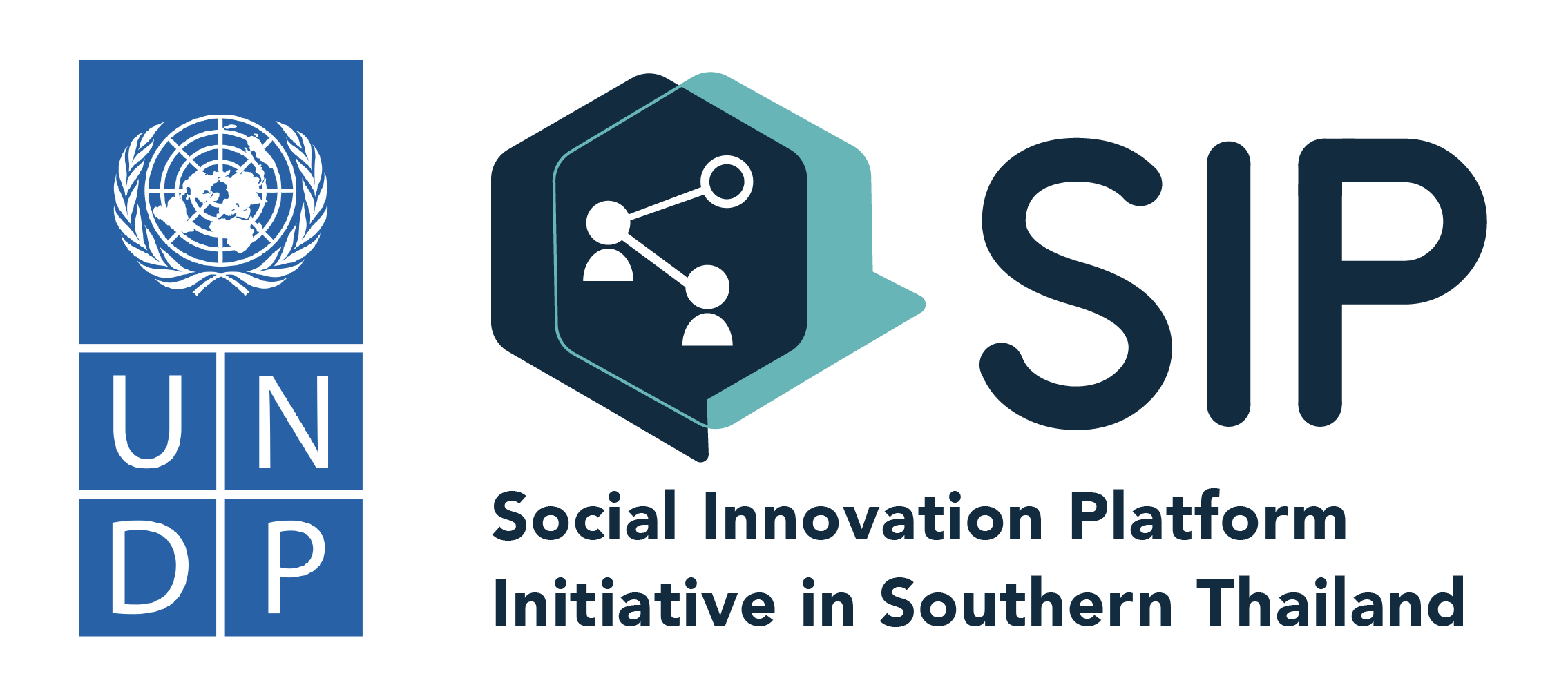This post is also available in:
![]() ไทย
ไทย
Community situation
The malnutrition problem is found among children: 31.25% at the Ban Talat Lam Mai Child Development Center and 39.13% at Lam Mai Municipal Kindergarten School. In the Ban Nam Yen Child Development Center, 15.78% of the children are underweight and have short stature. We carried out activities with these three educational establishments to promote the production of safe and nutritious food for children and members of the community.
Activities
- Growing oyster mushrooms at three educational institutes – Ban Talat Lam Mai Child Development Center, Ban Nam Nam Yen Child Development Center, and Lam Mai Municipal Kindergarten – and preparing mushrooms for students’ lunches.
- Encouraging the elderly and members of Ban Talat Lam Mai Women’s group to raise chickens as a source of protein for community members.
- Assisting Ban Nam Yen Women’s group and the Child and Youth Council in the community to make roasted coconuts for sale in the community markets and nearby areas.
- Encouraging the elderly and the Child and Youth Council to grow vegetables so that people in the community have access to safe vegetables.
- Supporting farmers and youths to raise barbary ducks as a source of protein for the community.
Results
- Ban Talat Lam Mai Child Development Center, Ban Nam Nam Yen Child Development Center, and Lam Mai Municipal Kindergarten have oyster mushrooms as an ingredient for students’ lunch.
- The relationship of the people in the community is improved because they have more opportunities to work together to raise chickens and ducks, grow vegetables, and roast coconuts.
- People in the community have developed vocational skills, such as raising chickens and ducks, growing vegetables, processing coconuts.
- Community members learn from local experts about agricultural techniques and coconut processing.
Participants
Lam Mai Subdistrict Municipality recruited members from vulnerable groups, such as women, the elderly, or low-income people, who can raise chickens to join the program. The family of Saowakon Boonsricharoen, 65, is one of ten households selected by the municipality to raise egg-laying chickens. Each family received five chickens from the municipality. The Boonsricharoen family has 5 members, including three members aged 39–40, and an 11-year-old child. Currently, four chickens lay 3-4 eggs/day, but the other one has not yet laid eggs. The eggs are consumed in the household. Other families, however, have an average of 4-5 eggs per day because of all the five chickens they received lay eggs.
When neighbors visit us, they say it’s good that we don’t have to buy eggs. We received financial support from the Prince of Songkla University and the municipality to raise egg-laying chickens. At least, we did not have to spend too much on the starter kit. I have a friend who raises chickens too. He’s 72 years old, has a kidney disease, and needs to eat six eggs a day. When the chickens start laying 3-4 eggs a day, he doesn’t have to buy as many eggs as before. Besides, raising chickens makes me happy. COVID really stresses me out, but I relieve stress by watching and talking to chickens. They make me happy.”

Leave a Reply